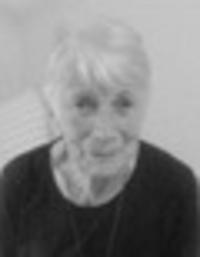Most of all, I wish that there be no war anymore

Stáhnout obrázek
Drahomíra Vedrová was born February 4, 1920 in Brno. She has spent her entire life in the Bystrc neighbourhood in Brno together with her three brothers. Her father was employed as a worker in a textile factory and her mother was a housewife. Drahomíra‘s father had not been able to study and he therefore wished that all his children get admitted to universities and receive quality education. Two of his sons graduated from medicine, the third son started a business, and Drahomíra went to study at the faculty of medicine. All universities were closed down after the outbreak of the Second World War and Drahomíra thus completed a course for nurses during the war. After the war she enrolled in the university again and she became a doctor. However, when she completed her studies she was unable to find a job in Brno and she had to go to Zlín where she eventually became employed in Baťa‘s hospital. Later she returned to Brno because her mother became seriously ill. Drahomíra managed to start working for the well-known doctor Otakar Teyschl, but due to her strong Christian faith and the fact that her husband served in the Auxiliary Technical Battalions she was dismissed from the job. Drahomíra was transferred to an entirely different department - to plastic surgery - where she then continued working until her retirement. Her whole family was persecuted and her sons were not allowed to study freely.
